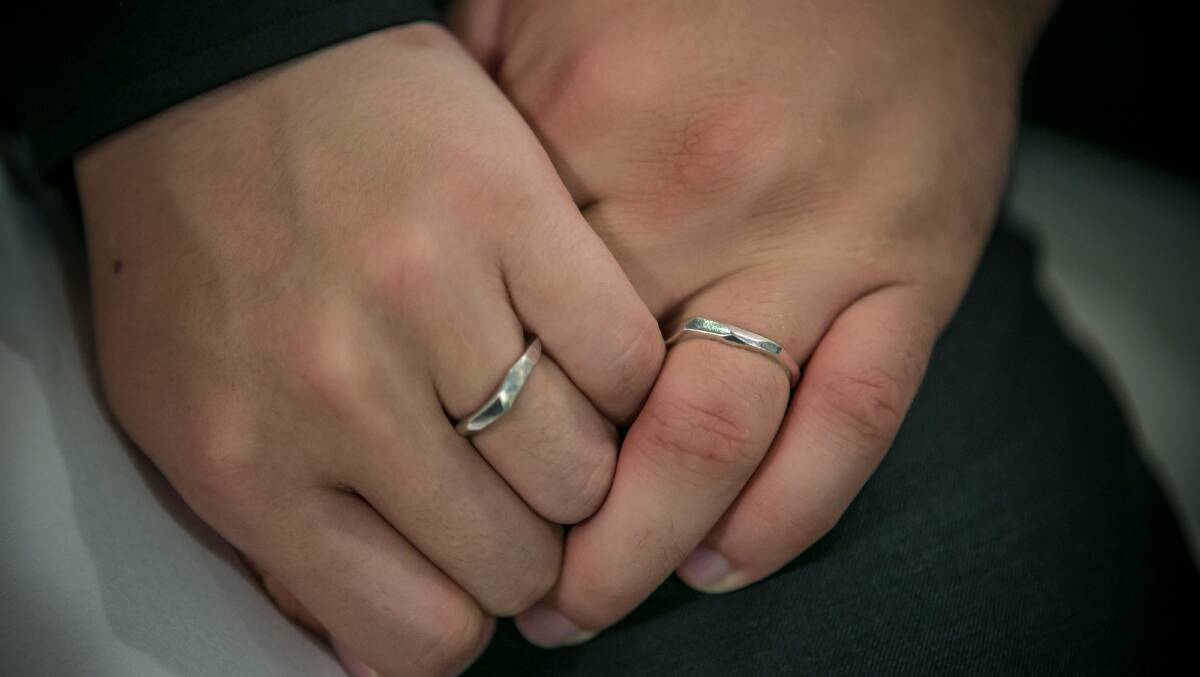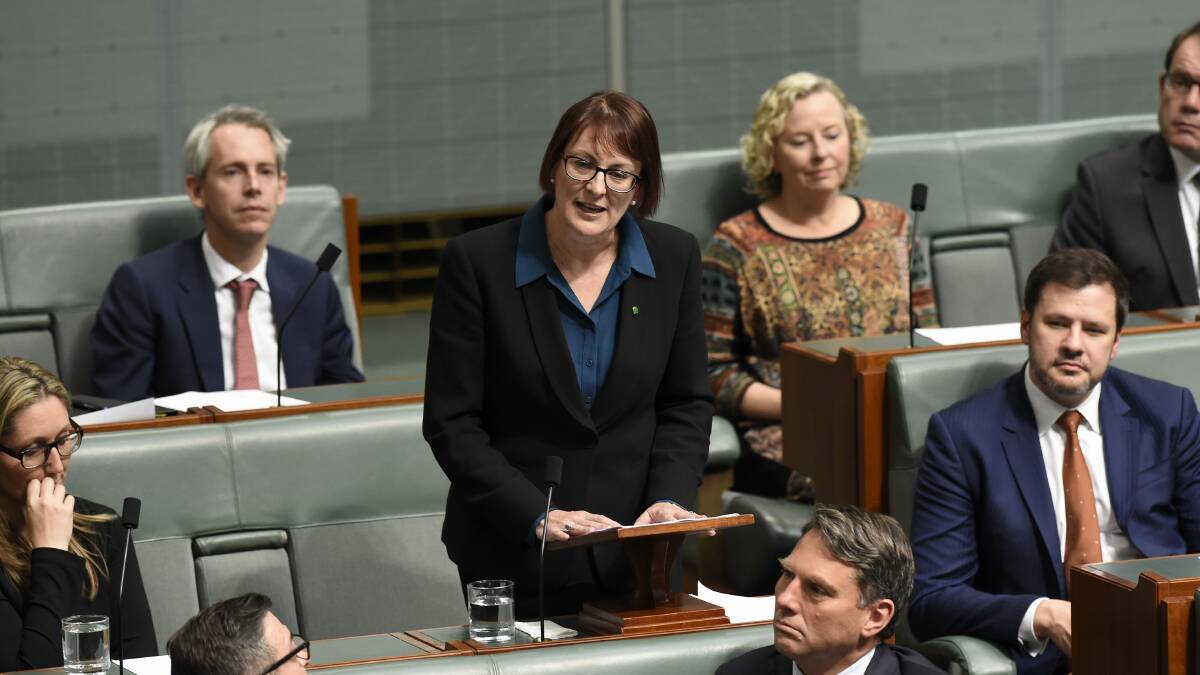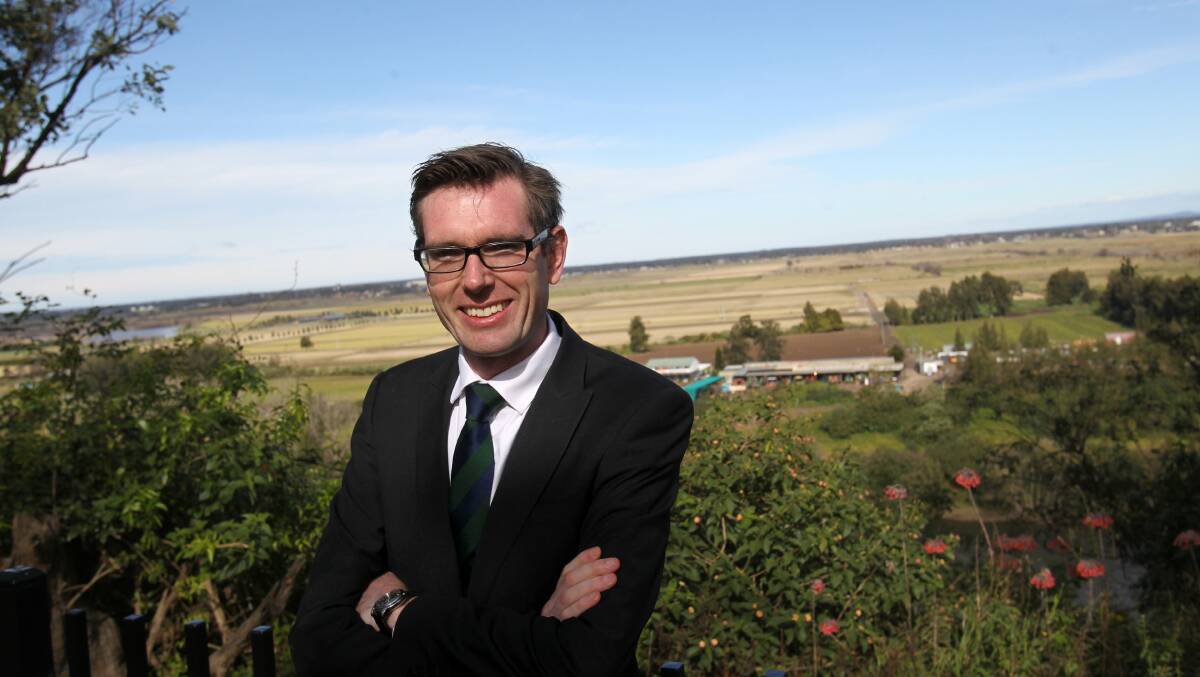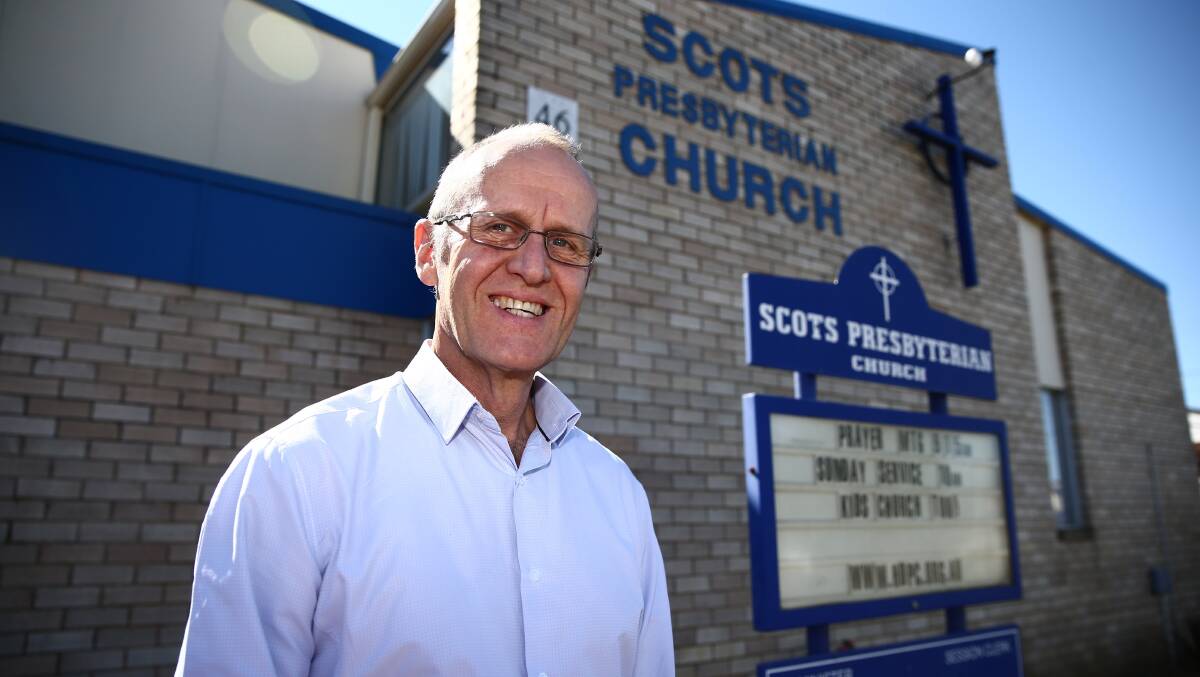
THE date for the marriage equality plebiscite has been proposed for February 11 by the federal Cabinet.
Create a free account to read this article
$0/
(min cost $0)
or signup to continue reading
The date still needs to be voted through Parliament before the plebiscite can be held.
Member for Macquarie Susan Templeman, who is in favour of same-sex marriage, criticised the government’s decision to leave the decision to a plebiscite.
She said the plebiscite would cost millions, was not binding even if there was a “yes” vote, and ultimately, the decision could just as easily be made by Parliament.
“I am not in favour of a plebiscite. When John Howard changed the Marriage Act in 2004, he rushed the changes into Parliament less than an hour after announcing them,” she said.
“So if we didn’t need a plebiscite then, when same-sex marriage was specifically excluded, I can’t see why we need one now.
“A plebiscite is a more than a $170 million dollar exercise, which will not be binding, and that means that even though everyone would be required to vote, and would face fines for not voting, politicians could ignore that vote.
“We just had an election, and parliamentarians were chosen to vote on legislation, so let us get on with the job.”

A plebiscite is different to a constitutional referendum.
To make changes to Australia’s Constitution, a referendum is needed, however, because the Marriage Act is not part of the Constitution, the government can have a plebiscite.
The results of plebiscites are not binding, and can be thought of as simply a national vote on a particular issue to ascertain a general concensus.

Member for Hawkesbury Dominic Perrottet said he thought a plebiscite should go ahead, but would not vote to change the definition of marriage.
“I agree with John Howard on this, yes there should be a plebiscite and, no, I don’t think the definition of marriage should change,” he said.
“The Australian people were promised an opportunity to have a say on this issue, they want to have their say, and unlike Labor, I think they should be free to do so.
“I find it odd that Labor all of a sudden care about the cost of a plebiscite, when Labor has never ever cared or shown any concern about spending other people's money in the past.”
Earlier in the year, Hawkesbury Council voted to support the push for a marriage equality plebiscite, though not all councillors were in favour of the idea.
The Church
Kurrajong Anglican Church senior minister Shaun McGregor said he was in favour of the plebiscite.
“Jesus said that marriage is the joining together of a man and a woman,” he said.
“To change this would not be marriage equality but marriage alteration. Will altering marriage really be good for our society?
“A significant alteration is being proposed, and the Parliament has repeatedly voted against it. Why are some people so opposed to letting the people decide? It’s worth letting the people decide on such a significant alteration.”
The Catholic Church believes allowing same-sex marriage would "alter the essential structure of our society".
Director of the Life, Marriage & Family Office of the Diocese of Parramatta, Ben Smith said the diocese, representing the Catholic Church in western Sydney and the Blue Mountains, has a view that traditional marriage "is an essential institution for ensuring the right of the child to be brought up by their natural mother and father".
"While not every marriage will result in children, all children deserve to grow up with both their mother and father and marriage as defined in the current law affirms that principle," he said.
"Redefining marriage would deliberately create motherless or fatherless families, which would deprive children of at least one of their biological parents. As such, the Catholic Church is for keeping the definition of marriage unchanged.
"The Catholic Church does not have a view on whether the issue should be resolved via parliament or a popular vote. We note there is a strong case for a proposed plebiscite, which will provide a process to allow the community to be properly consulted on a change that would alter the essential structure of our society."

Bob Thurlow is a pastor at Hawkesbury District Presbyterian Church. Speaking on behalf of his South Windsor church, he said the Bible teaches marriage is between a man and a woman.
He believes society should be able to decide if marriage laws are changed, and therefore supports a plebiscite.
He said the Bible’s definition of marriage has been part of society for so long that it’s akin to common law - that is, it’s presumed to be the case.
“Even though the government has the right to make laws, in certain instances, society should decide,” he told the Gazette.
He sees the plebiscite as society’s opportunity to vote about whether or not they think marriage should be redefined, rather than a vote about equal rights.
“This is a big redefinition of marriage, to the point where marriage as it has been traditionally conducted by the church is significantly different from marriage as the new legislation would define it, and that church marriage and civil marriage would be sufficiently different,” he said.
“In fact, the denomination is considering relinquishing its legal right to conduct marriage, because marriage as defined by the state and marriage as defined by the church are moving further apart.”
The Bible says that God made marriage for a man and a woman to share a life and sexual union. It also says, "what God has joined together, let no one separate".
Presbyterians therefore prescribe to the view that sex is for marriage, marriage is for life and marriage is for a man and a woman.
In 2015, the Assembly of the Presbyterian Church in NSW took a step which may mean the church ends its co-operation with the government in marriage matters and leaves the Marriage Act if same-sex marriage passes.
“They are suggesting people go to a marriage registry and do the legal part of it there, and then come to us for the part that would be recognised by the church and by God. [If this came to pass] I would say the same to a same-sex couple,” said Mr Thurlow.
“There is the recognition in the eyes of the state, and then there is the recognition with God.”
Mr Thurlow is an advocate for peaceful debate in the lead-up to a plebiscite, and hopes people will be considerate of one another.
Mr Thurlow’s son is gay, and when he came out to his parents 10 years ago, Mr Thurlow and his wife embarked on a journey towards tolerance and acceptance.
“He knows about the views of the church and what we believe, but over the last 10 years we have grow to love each other even more. We love him enormously,” he said.
“A lot of it is putting your own beliefs aside for someone you love. It’s different when it’s someone you love.
“In terms of the plebiscite, I would love to see people from both sides doing it in a civil way and being respectful to each other.
“And I learned that the hard way with my son, over the past 10 years.”
President of the Uniting Church Stuart McMillan said the church was encouraging its members to have respectful conversations with one another about the public debate about marriage.
“The current position of the church is that marriage is between and man and a woman,” he said. “Since 2012 the Uniting Church has been conducting an internal discussion on the theology of marriage and same gender relationships.
“The UCA has no public position on a possible plebiscite but has openly said that it seeks to be an inclusive Church that embraces LGBTIQ people as full members.”
In the Uniting Church only baptism and the Eucharist are sacraments, not marriage.

